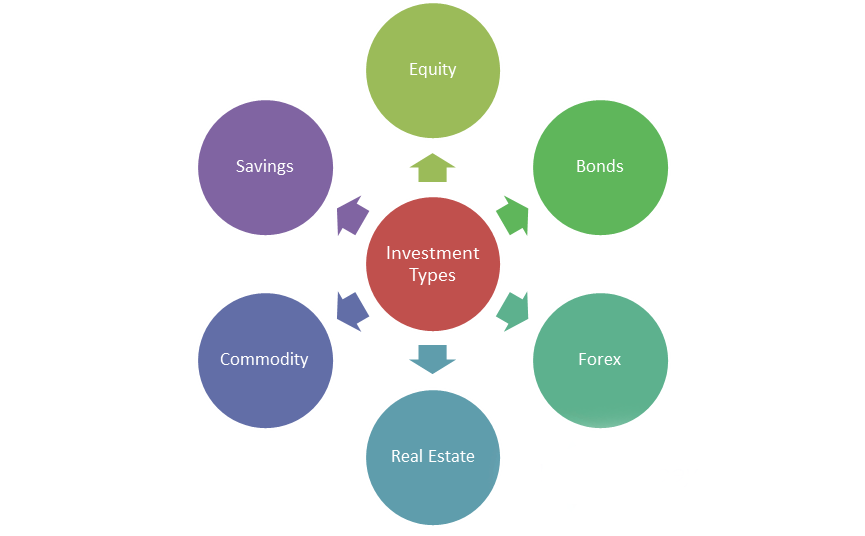The confusion between private equity vs venture capital has always been there. As they both invest in businesses, so it becomes difficult for people to differentiate precisely between them. Well, technically, their motive is similar. Both of them provide funds to firms in return for some future profits. However, their ways of investment are entirely different. Let’s dig a little more and find out what Private Equity vs Venture Capital is.
Type Of Investment

The significant difference is in the kind of investment that each company makes. Here are the details about it:
- Private Equity: As the name suggests, private equity companies invest in other businesses by buying their equity/stakes privately. The trade between them is not made public, but they gain some percentage of ownership of that business. They invest in both private and public firms. As they gain control over public firms, they try to take them private and ultimately de-list them from public stock exchanges.
- Venture Capital: We have often heard about startups and small businesses raising funds. Venture capitals are their other side of the story. They are the companies that provide funding to these firms. Unlike equities, this one is not necessarily a money transaction. Venture capitals sometimes offer small firms with tech or managerial support. They also invest in new firms that are on the verge of a breakout.
Difference In Investment Firms

It was vaguely clear that private equity and venture capital companies invest in different types of firms. While private equity puts on their money on the established and mature firms, venture capitals invest only in startups and firms with less than two years of market experience.
Percentage Of Investment
Another difference is the percentage of investment in funded firms. Venture capital keeps its portion to a maximum of 50%. In the case of private equity companies, they generally buy 100% of the firms and gains complete ownership of them. That means, private equities run these firms after acquiring them, and venture capitals only provide funds for profits.
Difference In Returns

As their way and percentage of investment are different, so they obtain different return rates from the firms. Here is the contrast between the return rates of these companies.
- Private Equity: Because they invest in more established firms, their return rates are expected to be higher. However, the return rates are generally dependent on the firm that they acquire. Some might provide them more than 15% return, while others can keep it low to 10%.
- Venture Capital: They invest in new companies and startup ideas. So their return rates are highly inconsistent. They might not even receive returns from those firms who can’t make it in the market. Therefore, their main aim is to invest in that one firm that is a big winner and make most profits out of it.
Conclusion
This was all about the difference between private equity and venture capital. People might also find some other differences in the way these companies function. But it cannot be said which one is better than the other, and which one makes better profits. They both function at their own levels, and they both manage to make around 10-20% returns depending on which firms they invest in.











